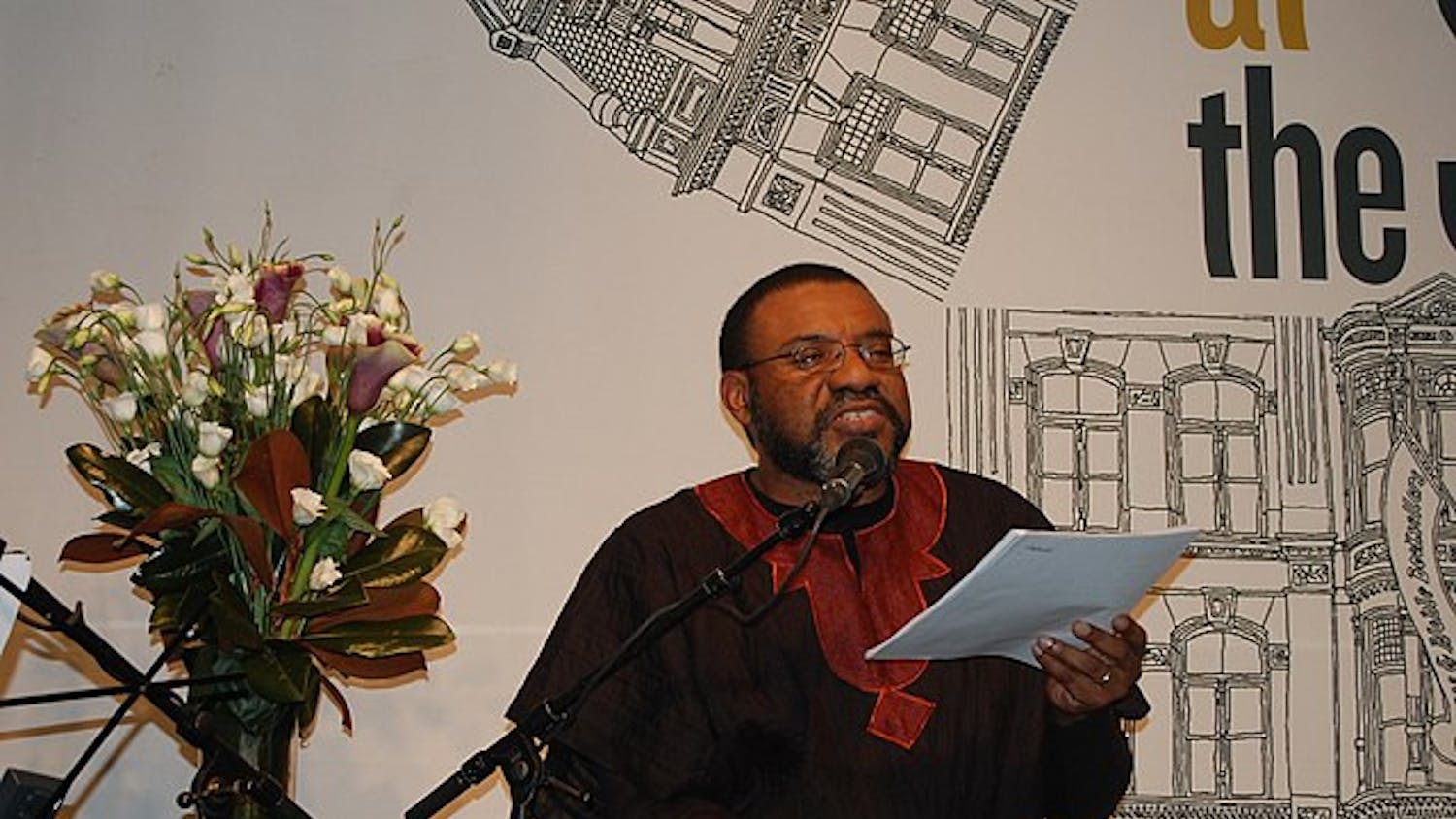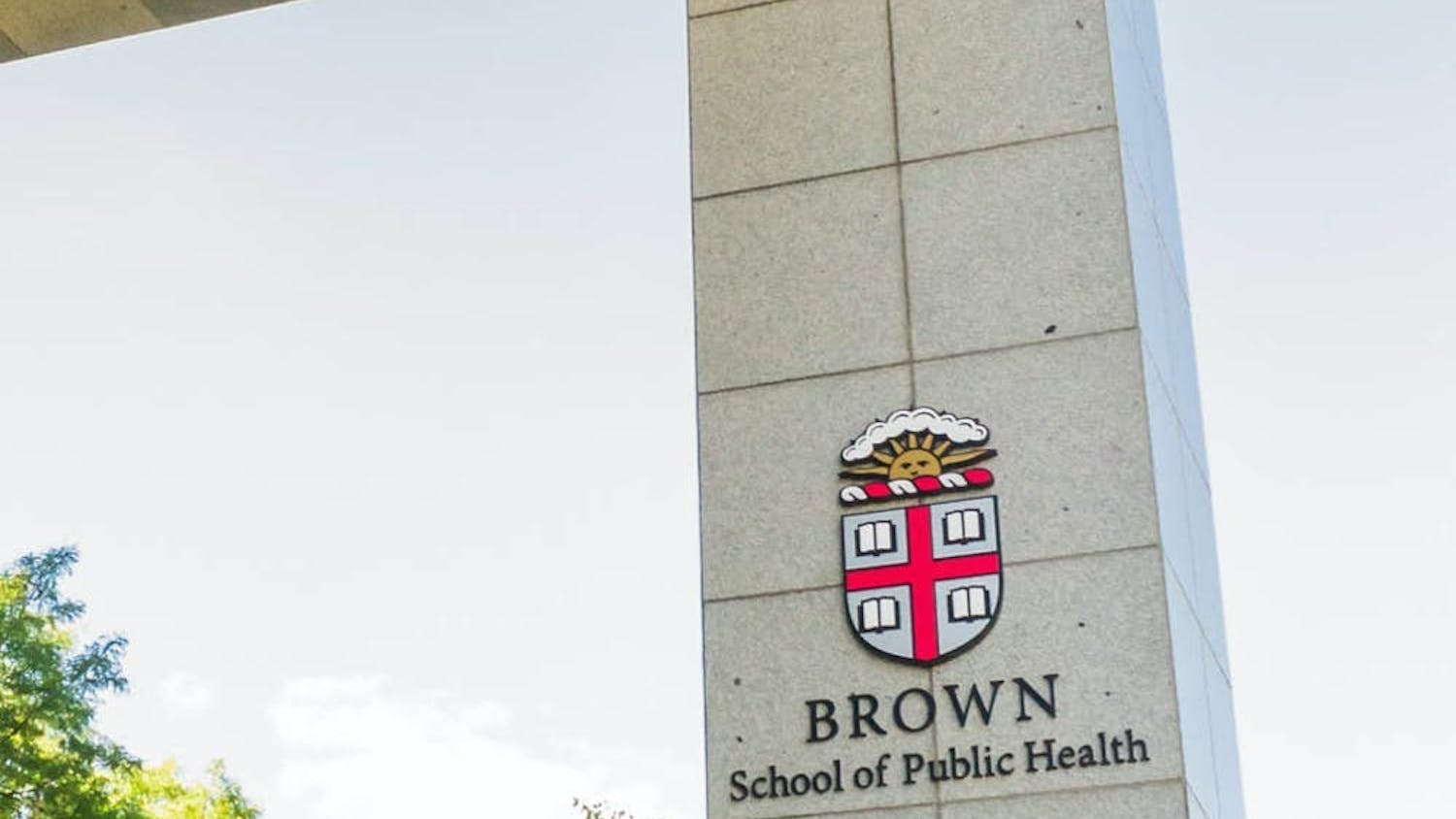Harvard and its endowment
Harvard reported a $2 billion loss on its endowment, a steep drop for the nation’s richest university, according to an article published in the Chronicle of Higher Education. Though Harvard still commands an endowment of $35.7 billion, the university received sharp criticism and hired N.P. Narvekar from Columbia to take over the fund’s curation. Narvekar managed Columbia’s endowment, which has posted annual returns of 10 percent or more for 14 years, according to an article published in the New York Times. Narvekar will become Harvard’s fourth endowment manager in just over 10 years. His tenure follows that of Stephen Blyth, who resigned in July after about a year and a half on the job.
CUNY access bolstered for low-income NYC applicants
The City University of New York announced Monday that it would allow New York City public school students from low-income families to apply for free, waiving the $65 fee, according to an article in the New York Times. New York City estimated that the change will help about 37,500 families, as over half the city’s public school students who go on to college attend CUNY schools.
“I want to remind you that $65 is a lot of money for many families in New York City,” said Mayor Bill de Blasio at a news conference at Franklin Delano Roosevelt High School in Brooklyn, the Times reported. “Sixty-five dollars matters. So for our young people and their families, knowing that that fee is eliminated just clears the way.”
The move marks a transition from CUNY’s prior policy of allowing only students with the greatest need to apply for free; now, students who receive federal assistance through free or reduced-price lunch, who are homeless or in foster care, whose families live in federally subsidized public housing or receive public assistance will automatically be able to waive the fee.
“The move is part of the de Blasio administration’s effort to improve college access for city students,” according to the article. Previously, the New York City Education Department has taken middle school students on college trips. This year, the SAT will be offered for free and on weekdays for students who would have been discouraged by the cost or its usual weekend morning time slot.
Not supreme enough
The Supreme Court will not hear two cases related to the NCAA’s amateurism model and compensation for college athletes, according to an article published in the Chronicle of Higher Education.
One of the cases was brought by Edward O’Bannon, a former basketball player at the University of California at Los Angeles. Two years ago, a judge ruled that the NCAA’s player rules violated antitrust laws. The judge ruled that the NCAA could cap its compensation limits but at no less than $5,000 a year and that colleges “could not conspire to set prices,” according to an article published in the Chronicle of Higher Education in August 2014. Last year, a federal appeals court upheld the judge’s antitrust ruling while rejecting the ruling that said colleges should be allowed to cap player payment at more than $5,000.
After O’Bannon and the NCAA both asked the Supreme Court to hear their appeals, the court said Monday that it would not take the cases.




